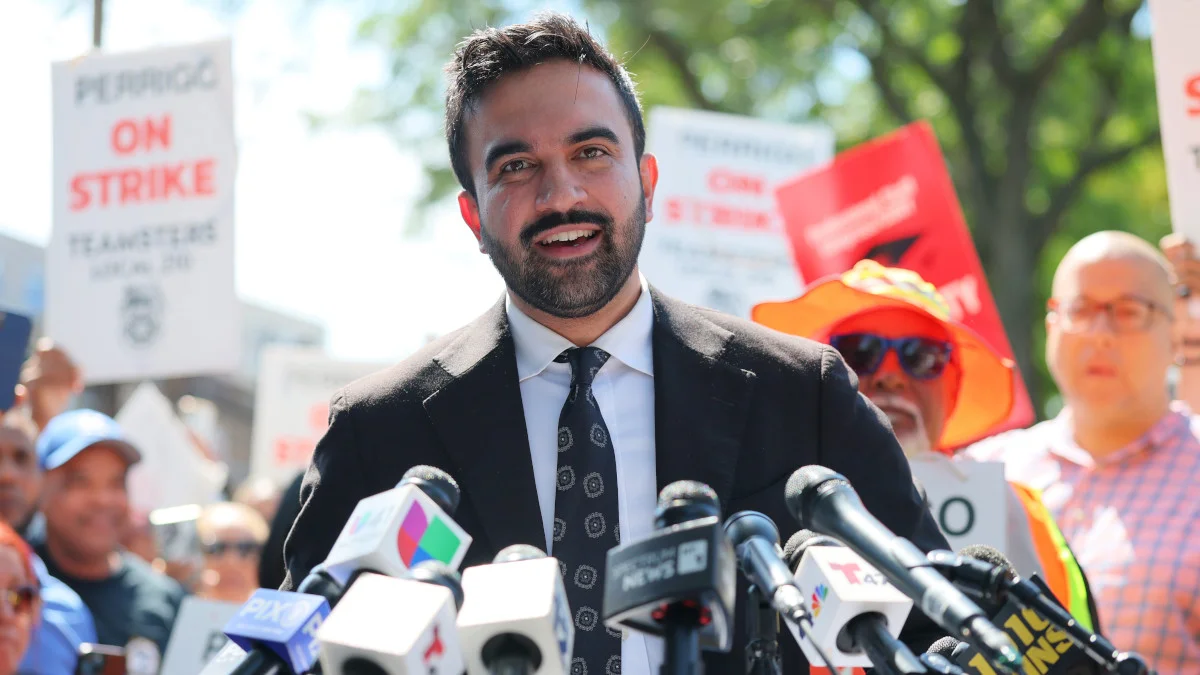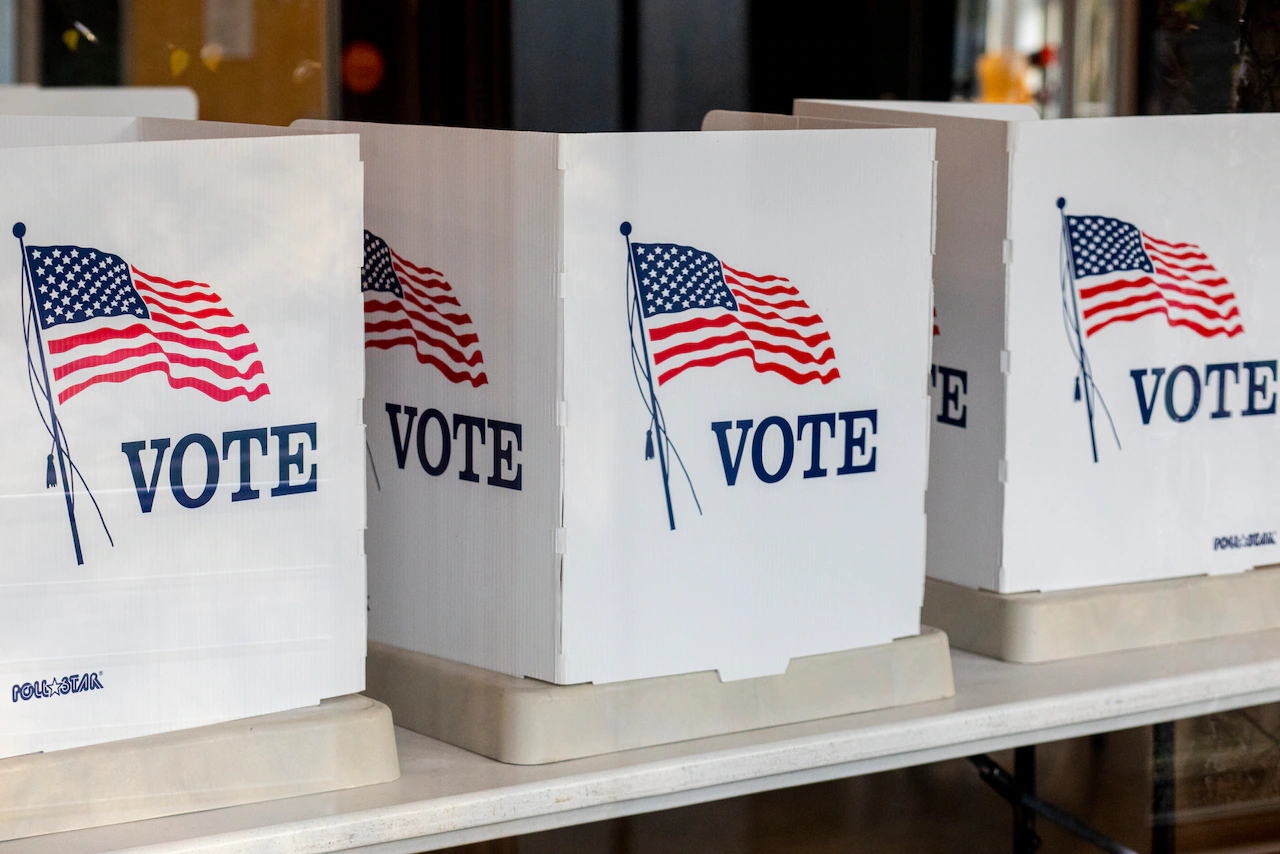Copyright Kalispell Inter Lake

Until recently, the rights and responsibilities of citizenship were considered irrevocably intertwined. One hundred and fifty years ago the concept of the “melting pot” helped waves of newly arrived immigrants assimilate and embrace the coveted privilege of being a citizen. Now, the progressives demand that the “salad bowl” replace the “melting pot” as the self-anointed “global citizens” (an oxymoron) typify the growth of legal “residents.” Neither “global citizens” or “residents” require or promote civic duties. And school district after school district has abandoned foundational training in civic duties and responsibilities for “action civics” which encourages activism and protest, but not obligations. If our young people are not taught their civic duties, why would they want to join the military, show up to vote, serve on a public board, or care if their city spirals downward into an abyss of crime and poverty. In the early 20th century, young Americans were taught through many different venues that civic duty implied more responsibilities than rights and those responsibilities must be nurtured, protected and passed down intact to the next generation. Being a citizen meant one enjoyed membership in a state and enjoyed its protection but owed reciprocal obligations to it. Membership, of which liberty was one of its most important benefits, did not come free. Americans were very quick to emphasize that as Americans they were not “subjects,” but “citizens” after the Revolutionary War. Today, most of us take citizenship for granted, not realizing how jealously guarded and stingily bestowed it was for most of our history. When I was a high school teacher, teaching American government, economics and history, I would often ask my students, “Are you a citizen? Of what?” Then the important question (framed as a command), “Tell me the difference between a citizen and a resident.” I wanted the students to understand that voting does not a citizen make, and that unless our citizenry participates in the body politic, America will devolve into masses of tribes, jockeying and scheming for public policies and funding that benefit them (I called this “client politics”) rather than the national interest. One of my historical heroes, Theodore Roosevelt, once wrote, “No one can be a good American unless he is a good citizen.” To Roosevelt, doing nothing disqualified one from good citizenship. Good citizens sought to improve their community, guarded against becoming helpless, self-indulgent and wasteful, and used “courage” to combat evil and balanced that courage with compassion and unselfishness. Recents events have demonstrated how far we have strayed from the teaching of civic responsibilities in our public school system. From Virginia to California, school districts have embraced policies that divide rather than unify, destroy rather than enhance, and criticize rather than embrace the principles that transformed this British colony of subjects into a Republic of free citizens unparalleled in human history. Sen. John Fuller, R-Kalispell.



